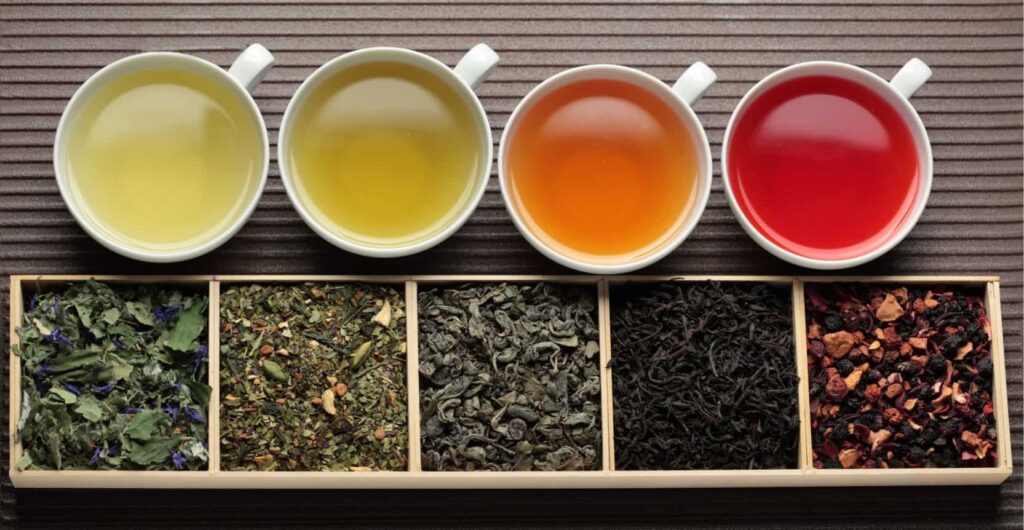Research Says Drinking Tea Might Help You Live Longer

If you are interested in living a longer life, try drinking more tea. At least, that’s what the latest research suggests.
A report released by the Chinese doctors claims that the consumption of tea on a daily basis might be correlated to a longer and healthier life. As per the research, people who reported that they drank tea more than three times a week, had lessened the risk of heart ailments by twenty per cent. This research result was published in the ‘European Journal of Preventive Cardiology’.
People who consumed tea daily also had twenty-two percent lower chances of dying due to a stroke or heart ailment and their risk of death due to other causes were also lowered by 15 percent.
Even though tea, in general, has been proved to be beneficial, the type of tea being consumed may make a difference. Further introspection in the subject unveiled that specifically consuming green tea resulted in a twenty-five percent lessened risk of heart disease and stroke, fatal cardiovascular disease and stroke, and all-cause death.
Scientists have also witnessed similar effective results against heart ailments and other death risks in the people who drank scented tea and black tea but these results were not conclusive enough to deduce a definite observation.
Researchers have concluded that the continued consumption of tea is a key factor in its benefits.
The author of this study Dongfeng Gu, who is the MD, of the department of epidemiology at the Chinese Academy of Medical Sciences and Peking Union Medical College in Beijing. Dr Gu claimed that as per this research, the risk of heart diseases was found to be forty percent lower among the participants who drank tea on a daily basis for eight years or more.
A total of 100,902 people participated in this study conducted by Dr Gu and his colleagues. These participants had no recorded history of heart attack, cancer, or stroke.
In order to conclude the health benefits of consuming tea regularly, researchers deduced that a regular tea drinker aged 50, would develop coronary cardiovascular disease and stroke 1.41 years later and live 1.26 years longer than a person who hardly drank tea or did not drink tea at all.
Benefits of green tea
Green tea has been proven to be beneficial in a number of ailments namely, cardiovascular diseases, liver diseases and types of cancer. Most of these benefits are a result of catechin content present in green tea, particularly (-)-epigallocatechin-3-gallate. Long term effects of regularly consuming green tea catechins have a positive effect against obesity caused by the consumption of food high in fat content and type II diabetes.
Surprisingly enough, green tea has also shown anticarcinogenic effects against types of cancer.
The director of cardiovascular health and lipidology at Northwell Health’s Sandra Atlas Bass Heart Hospital in Manhasset, New York, Guy Mintz also stated how green tea contains bioactive compounds like flavonoids, such as catechins, and polyphenols, and all of these have been related to vital cardiovascular benefit.
Significance of black tea
Even though black tea is a popular substitute or alternative of green tea, it may not necessarily result in the kind of significant health benefits that green tea does. The authors of this study also suggest a few reasons for the same.
One of these reasons is that black tea undergoes fermentation that results in the oxidization of the polyphenols, stripping them of their beneficial antioxidant effect.
Black tea is also known to be served with milk more often than not which hinders the positive effect of tea on cardiovascular functions.
Further, the research conducted was flawed in itself which might have resulted in a biased conclusion. The reason for this was the fact that almost half the people in the study who drank tea regularly preferred to drink green tea, whereas only 8 percent of the participants who habitually drank tea preferred black tea. As per Dr Gu, the small number of regular black tea drinkers may be a reason for lack of association in the study.

